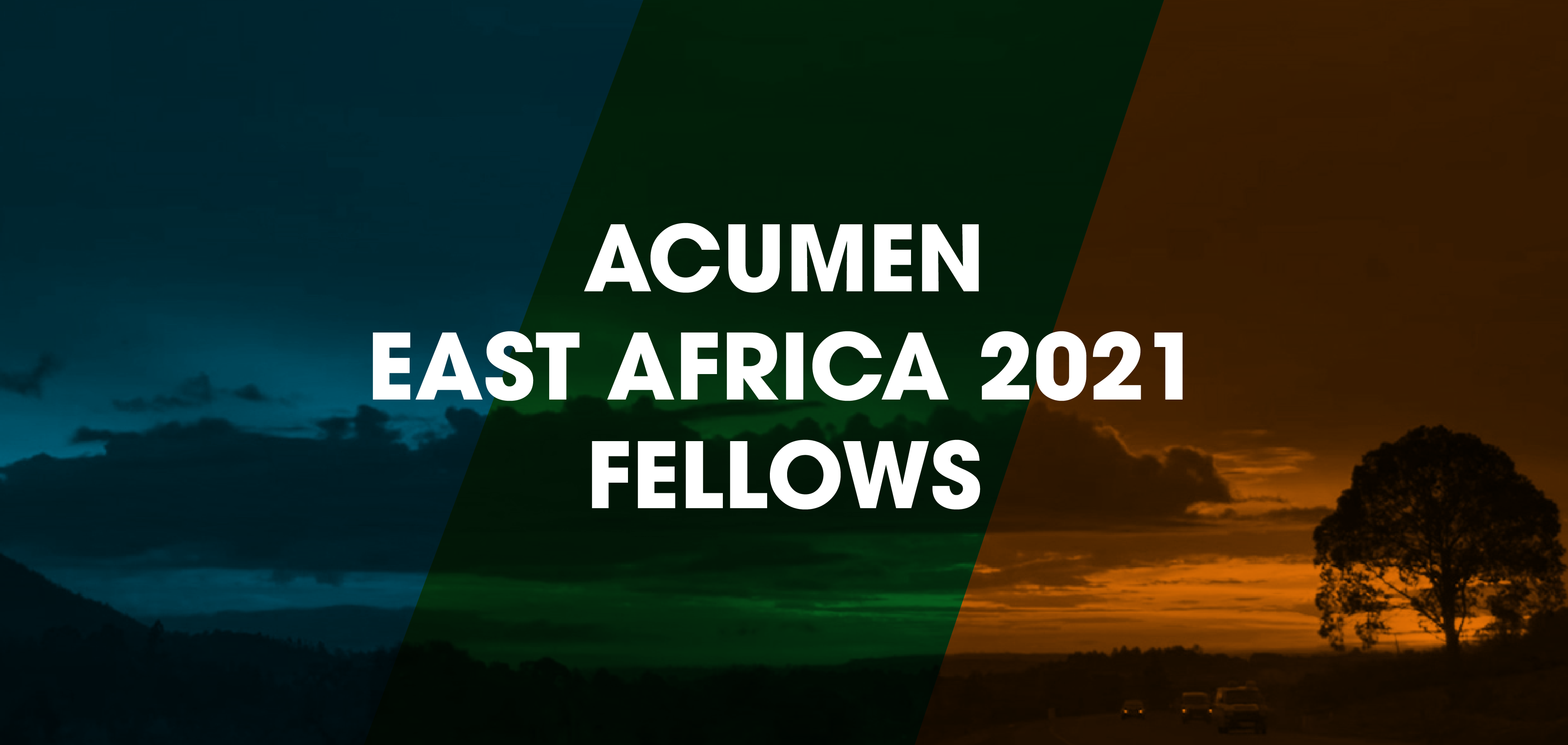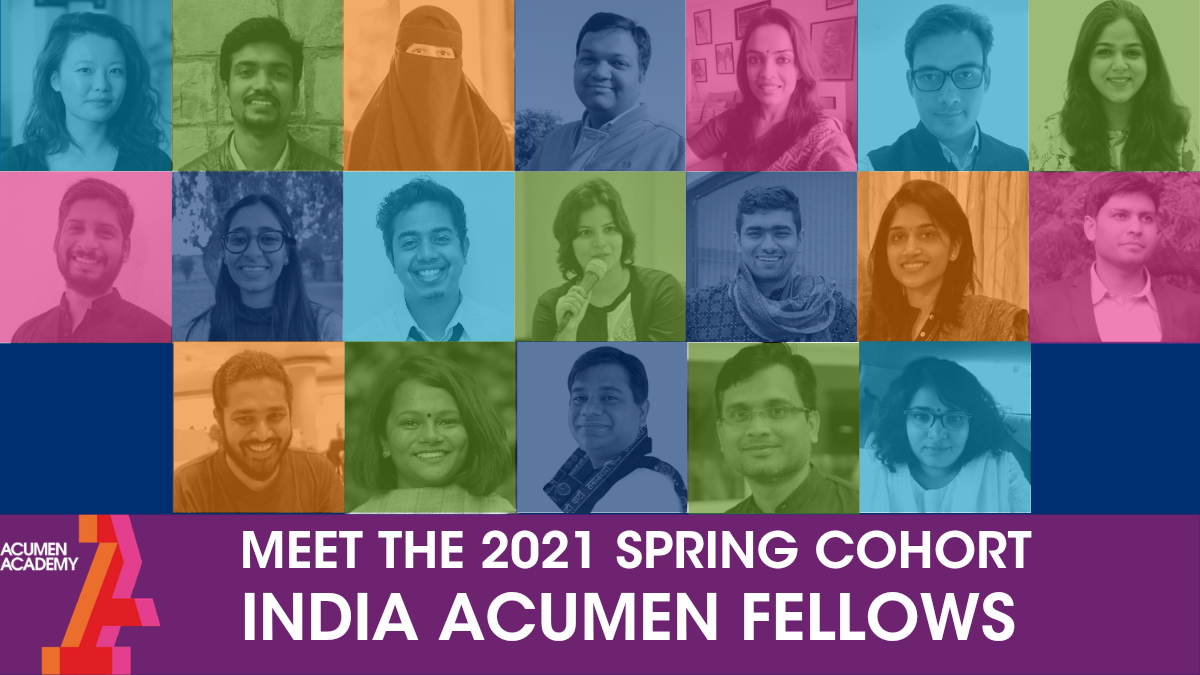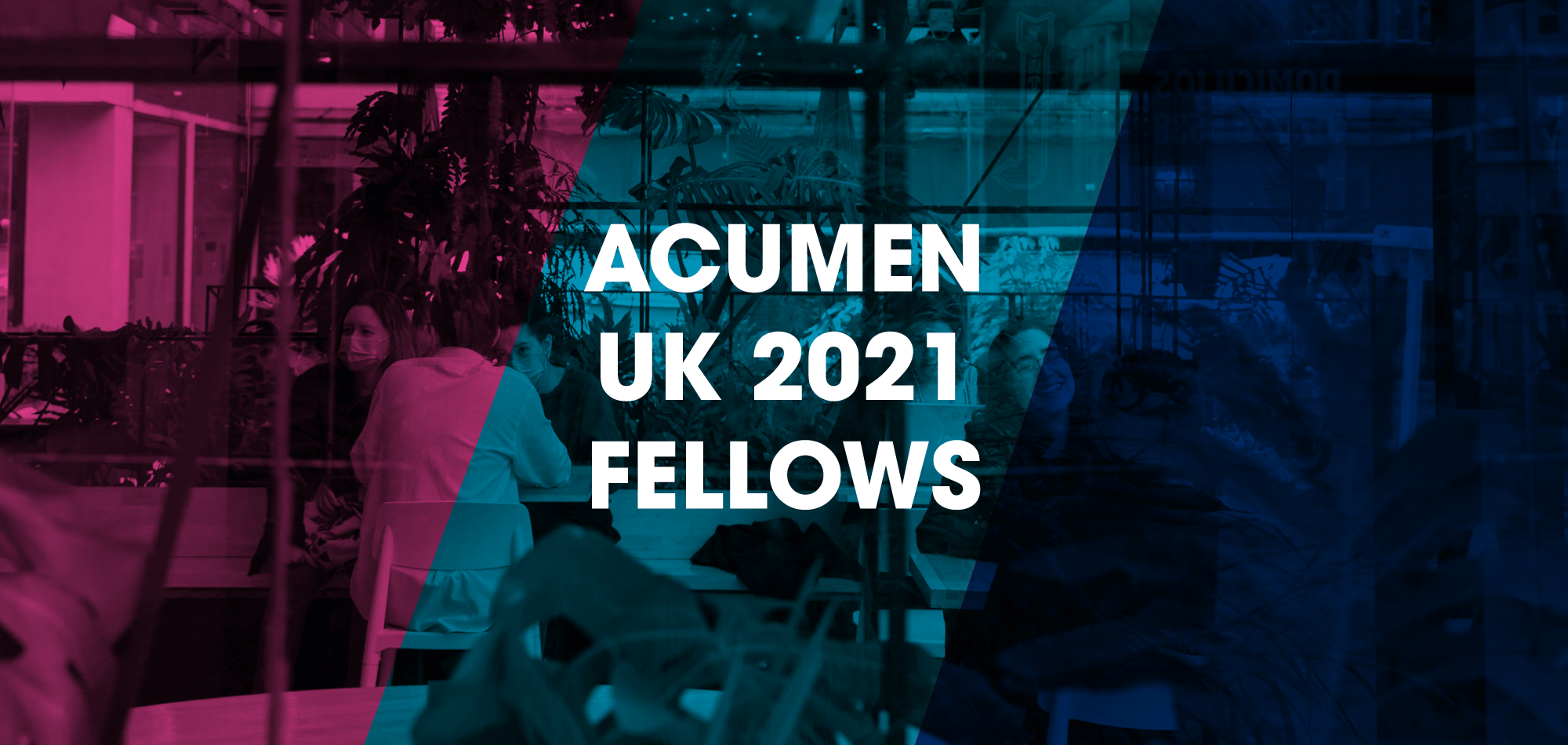Leadership
Building connections across Pakistan’s agri ecosystem
How one agri-tech startup is creating market linkages for smallholder farmers within the value chain
April 2nd. 2022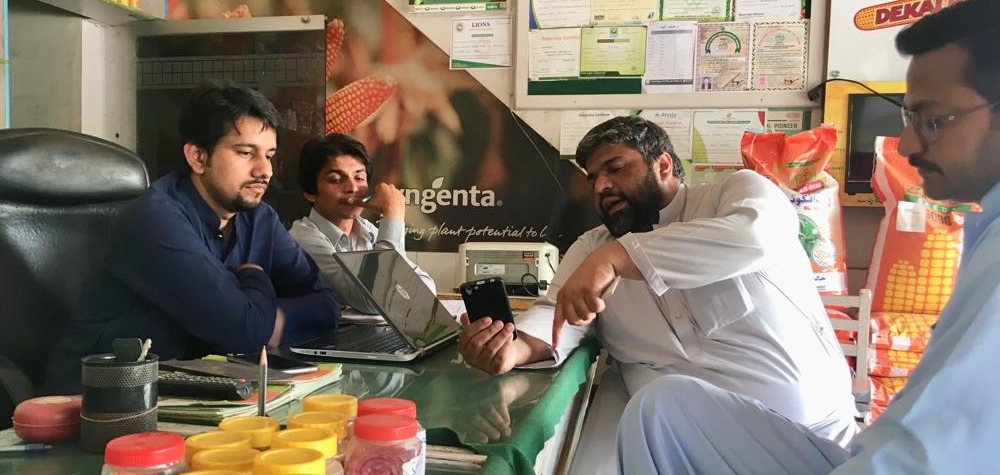
“If I could describe Pakagrimarket in one word it would be ‘connections,’’' says Ayesha Ahmed.
Ayesha is the Founder of Pakagrimarket, a multi-vendor marketplace for agriculture in Pakistan that connects farmers to both product vendors and produce buyers through a website platform.
“If you visualize the agri value chain, you can think of farmers as being at the center of the value chain. On one side, you have the input market, where farmers go to procure products such as tools, seeds, and fertilizers. On the other side, you have the output market, where farmers go to sell their produce. We’re bringing all those stakeholders onto one platform,” Ayesha explains.
As the wife of a third generation farmer, Ayesha and her husband, Dr. Awais Akhter started Pakagrimarket as a hobby. Coding a basic website at home, she thought farmers — particularly her in-laws who work in the field — might find it useful.
“While I was addressing the problem for a very small chunk of people, we realized this wasn’t just a problem for them — it was actually a problem for the whole agri value chain. Connections at every part of the chain were broken,” she says.
To repair the chain, Pakagrimarket lists produce buyers on their website, helping farmers connect with food buyers and exporters across the country. The platform also lists vendors who sell agriculture products like seeds and solar panels, giving farmers access to more choices and better prices online.
Overall, the business model puts farmers in a better bargaining position — they can sell their produce to the highest bidder, while also buying tools and products at the lowest prices.
“We took all the requests from the farmers and customized the whole platform according to their requirements,” says Ayesha.
Enabling market linkages is the core value of our startup and something I really believe can bring value. Not only in terms of our business, but by connecting to other social entrepreneurs and people who are working in the same value chain. You have a lot to learn and a lot to gain by building these connections.
Ayesha Ahmed
Ready to scale Pakagrimarket and build connections within the ecosystem, Ayesha joined Acumen Academy’s Pakistan Agriculture Accelerator. Halfway through the program, she shares key takeaways and insights applicable to any social enterprise.
Balance customers, innovation, and scalability
At first, Pakagrimarket used WhatsApp to facilitate logistics with farmers. Farmers shared their product with the team through WhatsApp, and the team listed it for sale on the website. Realizing this wasn’t scalable, Pakagrimarket built out their site to include a feature where farmers could upload products for sale directly.
“Naturally, this came with a lot of challenges because people wouldn’t adopt it. They still wanted to push their products through WhatsApp because they were familiar with it,” Ayesha says.
Taking lessons from one of the accelerator case studies, Pakagrimarket began incentivizing users to adopt their new platform.
“If you were pushing your product on WhatsApp, our team would take longer to post it live on our website. Whereas if you were pushing your product on our platform, we would make it live faster and earlier. Time is critical for vendors, so we expect this strategy will quickly work,” she explains.
“Technology can make adoption slower, but it doesn’t hinder the adoption itself. If people find value in your product, they’ll figure it out and make it work. The important question to ask is, do they find it worthy enough to go through the pains to use it?” she says.
Throughout the accelerator, Ayesha has learned the importance of being flexible, and is already pivoting and redesigning ideas in order to overcome challenges like scaling.
“The financial modeling module was immensely useful. It helped us think through different revenue streams in terms of unit of sales, and how to map that over the next two years. This helped us think critically — and gauge how scalable each stream is in order to decide on resource allocation accordingly,” she says.
Build meaningful connections with customers
Prior to joining the accelerator, Pakagrimarket struggled to connect with customers in meaningful and relatable ways.
“Our main communication happens through WhatsApp and Facebook. It was very difficult for us to connect with customers in their language because we have to maintain a formal brand voice,” she explains.
As a startup working with farmers and vendors who often feel misguided, alienated, or skeptical about the agri-tech sector, Ayesha and her team knew they had to find creative ways to connect with users. Through the accelerator, they’ve been inspired by lessons around the importance of engaging and relating with customers.
“As Acumen says, listen to voices unheard. We listened to them and tailored the platform accordingly,” she says.
With input from users, Pakagrimarket created Captain Agri: a mascot that greets any client on WhatsApp in their local language and with a pinch of humor.
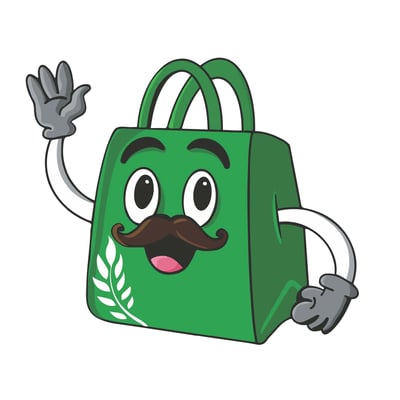
“The mascot can be cheeky and add the fun element that our brand voice was missing. It can be funny and connect with people. This is something we implemented while being in the program because we realized the importance of talking to and relating to customers,” she says.
Adopt an experimental and lean approach
Despite preferring their platform for facilitating sales, Pakagrimarket has been looking to launch a WhatsApp group specifically for sharing advice for their farmer customers. Through an accelerator lesson on customer insights based on lean design principles, the team learned that the best way to start is by adopting an experimental approach.
“Instead of launching it country-wide, we thought to be very specific. We’re launching in one small district — we’ll experiment from there, pushing the information we think farmers need day-to-day. Once we feel we’ve understood their needs, we’ll scale and launch WhatsApp groups through more sophisticated ways across Pakistan,” Ayesha explains.
The customer insights and experiments module has also helped them learn more about the pain points of farmers, product vendors, and produce buyers, which has helped them communicate their business model to these customers in more effective ways.
“A product vendor we approached about joining our platform was very touched that we had researched their pain points, saying he thought less people would consider the pain points of agri product vendors,” Ayesha says.
“I really think one of the reasons he entered our program was because he saw we were well researched about the challenges they’re facing,” she adds.
Opportunity within the ecosystem
As one of twelve startups on the accelerator who connect weekly throughout the 12-week program, Ayesha and Co-Founder Dr. Awais are part of a cohort operating at the frontline of modernizing agriculture value-chains and improving outcomes for farmers.
“What excites me to be part of this ecosystem is that you have a huge potential for change. This is something very important. You see that you’re working in a domain that has a huge market size and a huge potential to change the country’s dynamics,” Ayesha says.
She believes the accelerator program will help Pakagrimarket and other agri startups in Pakistan flourish.
“Not only is there a lot of opportunity for collaboration within the cohort, but the international visibility Acumen gives agri startups is beyond measure. Having access to an international community and people who are in the agriculture niche is invaluable for all agri startups in Pakistan,” she says.
We’re learning not only from our peers and not only from case studies in relevant fields, but also case studies from different domains such as renewable energy. The problems and solutions highlighted in the case studies are applicable to any kind of business, and that makes a lot of impact
Ayesha Ahmed
Participating in the accelerator has also reinforced Ayesha’s belief that both perseverance and compassion are invaluable qualities for social entrepreneurs working in the agriculture sector, and has found that connecting at these levels can help startups within the ecosystem grow and learn together.
“All social enterprises have similar challenges. We want to have financial gains, but also create impact with a very sustainable business model. We are empathetic, but persistent because agriculture is slow paced. Connecting and discussing challenges with each other is encouraging and heartwarming,” she says.
